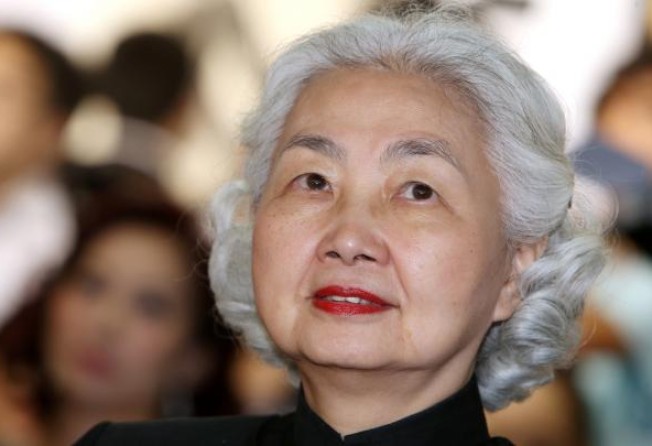Hong Kong's legal profession has undeserved monopoly

Hong Kong's two legal practitioners' guilds have each issued a press release in response to former justice minister Elsie Leung Oi-sie' s recent criticism of the city's legal profession. The press releases, which represent collective intelligence, show dubious polemic standard.
What the Bar Association said about arguments in the law court, that they should be evidence-based reasoning (press release, paragraph 8), is also true for arguments in the court of public opinion. However, neither guild managed to follow this sensible counsel.
Ms Leung observed that legal practitioners' misapprehension of Hong Kong's relationship with Beijing had resulted in the top court's misruling in the Ng Ka-ling case, thus causing the need to seek Beijing's interpretation of the Basic Law with the view to overturning the untenable precedent.
The guilds neither refuted the evidence in Ms Leung's observation nor denied Beijing's authority over constitutional interpretation.
They focused single-mindedly on preaching a post-colonial variant of "judicial independence" which they equated with a dogmatic judiciary which, while dependent on foreign countries for operating doctrines and procedures, is presumably infallible and effectively isolated from the local community.
They disregarded that substantive justice requires an early and thorough remedy in case of a misjudgment.
Their legal dogma insists that, whether right or wrong, every final judgment is a binding precedent that shouldn't be disturbed in the adversarial system until someone with standing recognised by the court cares to appeal. Then the judiciary should enjoy monopolistic authority over Basic Law interpretation. They deem such a monopoly a necessity for the judiciary's "reputation" abroad.
However, if Ms Leung is right that legal practitioners on both sides of the bar are generally ignorant of the city's relationship with China, what is the use of having biased advocates arguing irrelevance before an out-of-touch court for a decision on a relationship it misunderstands?
The legal profession impedes the city's holistic development in the run-up to 2047 as its constituents have only superficial understanding both of the culture from which they receive their hand-me-down common law doctrines and of the community on which they try to impose second-hand common law practice, while striving to expand the profession's undeserved monopoly.
Anna Tse, Mid-Levels